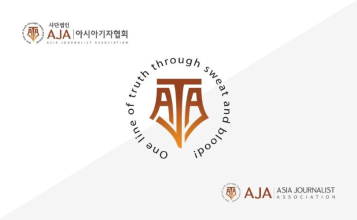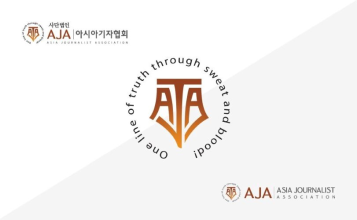AJA Newsbites – November 10, 2025

AJA Newsbites is a curated roundup of major news and developments from across Asia, brought to you by members of Asia Journalist Association (AJA)
Lee Sang-ki, THE AsiaN, Korea
Just as President Lee Jae-myung sought to pivot toward pragmatic politics following the successful APEC Summit in Gyeongju, a major political crisis erupted over prosecutors’ withdrawal of an appeal in the Daejang-dong corruption case.
If the decision was influenced by political pressure, it would amount to an abuse of authority. Since the defendants filed the initial appeal, the prosecution’s decision not to proceed appears to favor the accused over the public interest. The motive—whether financial gain or coercion—remains unclear, but suspicion has now turned toward President Lee himself. President Lee now faces the greatest political challenge of his tenure.
Former Justice Minister Han Dong-hoon warned, “Until those who ordered the withdrawal are held accountable, this scandal will not end.”
Chhay Sophal, Cambodia News Online, Cambodia
Cambodia has exported dried mangoes to Australia for the first time under a long-term trade agreement lasting until 2030, between the local company Kirirom Food Processing (KFP) and a major Australian-based wholesale distributor. This milestone paves the way for Cambodian dried mangoes to be supplied to leading retailers across Australia.
The export partnership is evidence of the growing relationship between Cambodia and Australia, said Australian Ambassador to Cambodia Derek Yip, adding that it also demonstrates how targeted support and private sector collaboration can create new markets and enhance the competitiveness of Cambodia’s agri-food sector.
The export of dried mangoes aligns with Australia’s Southeast Asia Economic Strategy to 2040, which aims to strengthen economic cooperation between Australia and Southeast Asia. According to Ms. Chan Dallis, Managing Director of KFP, the partnership not only benefits more than 1,700 employees—60 percent of whom are women—but also helps increase incomes for smallholder farmers and enhances Cambodia’s reputation for high-quality agricultural products.
Bhanu Ranjan, Asia Journalist Association, Bangladesh
A United Nations delegation is visiting Dhaka to assess Bangladesh’s preparations for graduation from the Least Developed Country (LDC) status. The delegation from the Office of the UN High Representative for the Least Developed Countries, Landlocked Developing Countries and Small Island Developing States (UN-OHRLLS) is scheduled to visit Dhaka from November 10 to 13. During the visit, the UN team will hold discussions with relevant ministries, civil society representatives, and development partners. Based on these consultations, they will prepare a transparent, inclusive, and consultative report.
Recently, the country’s leading trade organizations expressed concerns that if Bangladesh exits the LDC list next year amid the current economic challenges, it could trigger a crisis. They have written to the government, urging that the transition from LDC status be deferred from 2026 to 2032. The government has conveyed these concerns from the business community to the United Nations; however, it has not yet officially requested a postponement of the graduation process.
Bangladesh qualified for LDC graduation in 2018 by meeting the United Nations criteria in all three indicators — per capita income, human assets, and economic and environmental vulnerability.
Shakil Yamin Kanga, KUJ, Pakistan
FIFA Vice President Sheikh Salman bin Ibrahim Al Khalifa has pledged the world football body’s full support to revive the sport in Pakistan, vowing to work closely with the national federation to develop infrastructure and create new opportunities after years of administrative turmoil. A member of Bahrain’s royal family, Al Khalifa’s visit comes as Pakistan increases its participation in international football tournaments across the Middle East and beyond.
However, the development of the sport in Pakistan has long been hampered by recurring crises within the Pakistan Football Federation (PFF), which has been suspended multiple times by FIFA in recent years for “third-party interference” — a term referring to situations where external actors exert influence or control over a federation’s internal affairs, violating FIFA’s rules on independence.
The PFF’s most recent suspension, imposed in February 2025 for failing to adopt a FIFA-approved constitution guaranteeing fair elections, was lifted a month later after the federation endorsed the document and elected Syed Mohsen Gilani as its 17th president in May.
ⓒ THE AsiaN | All rights reserved
This content is copyrighted by THE AsiaN. If you wish to share it, please do so without modifying the original text and always include the source link. Unauthorized editing or sharing without proper attribution may result in legal consequences.


